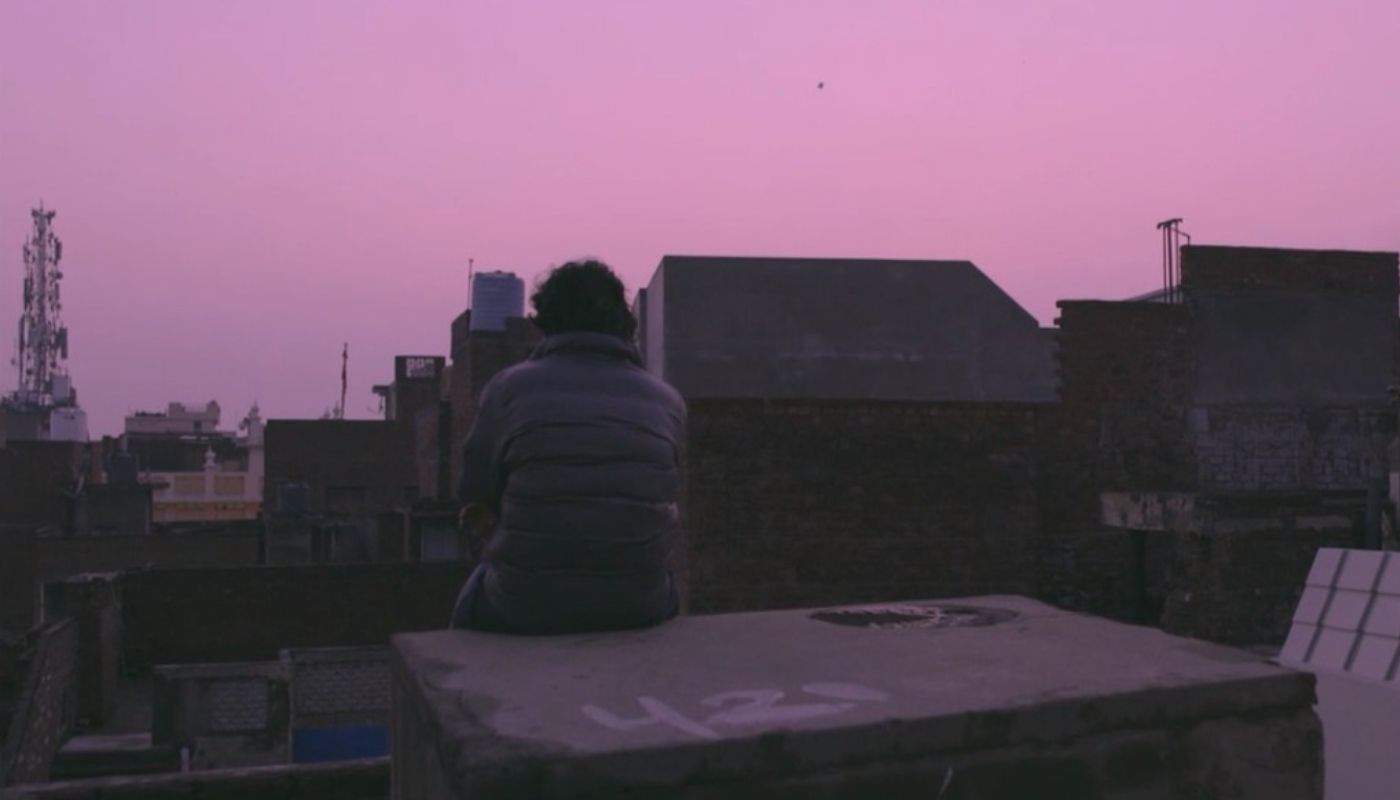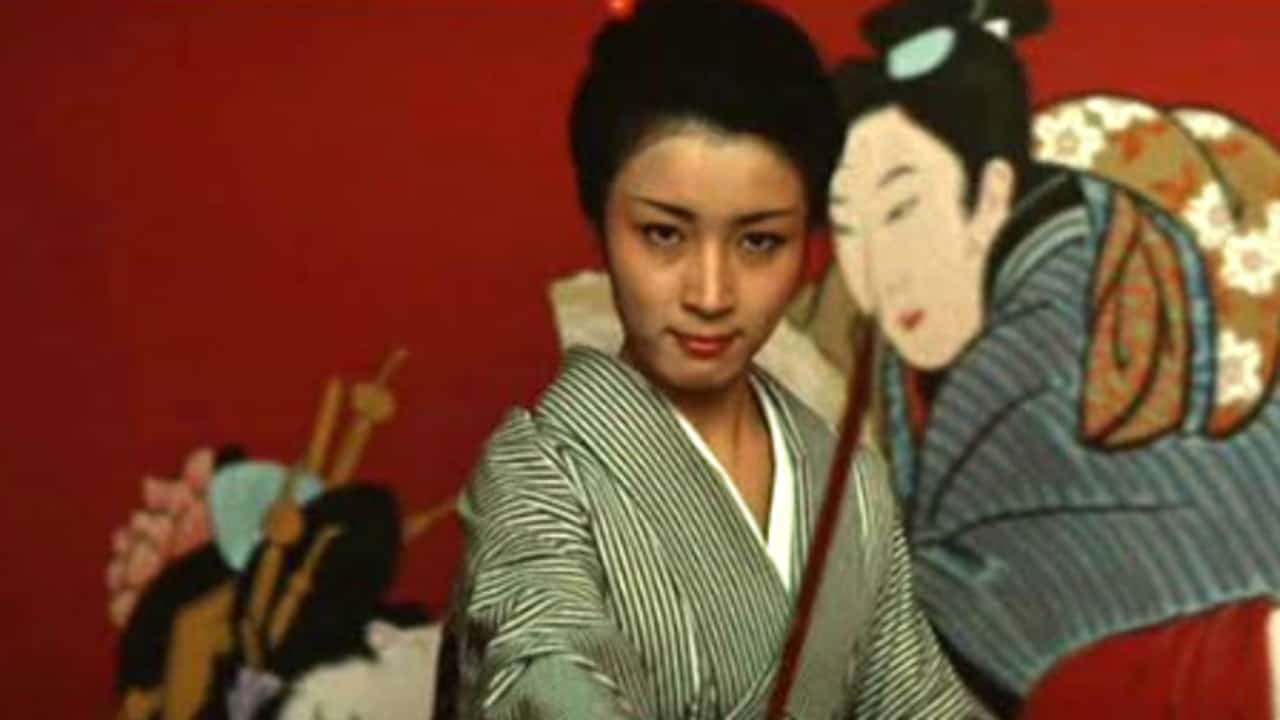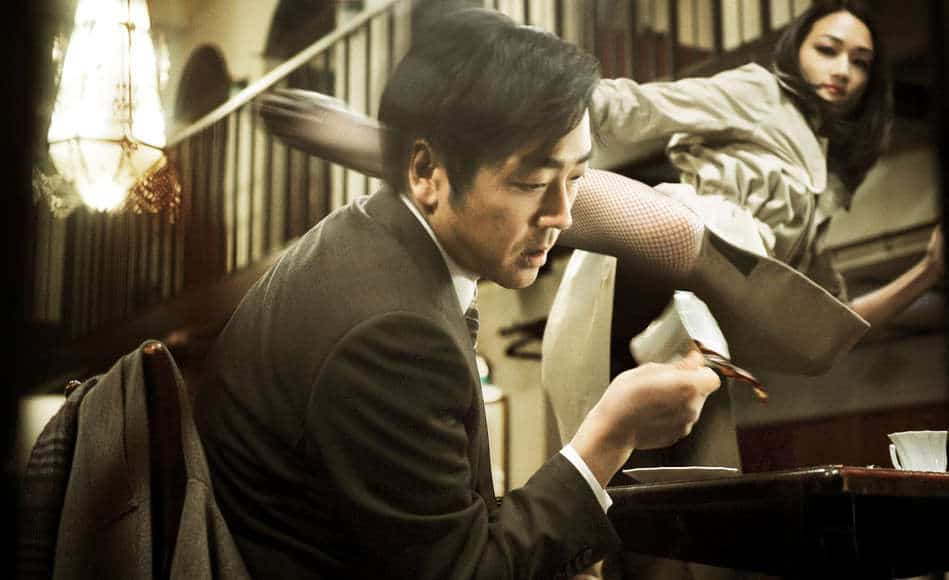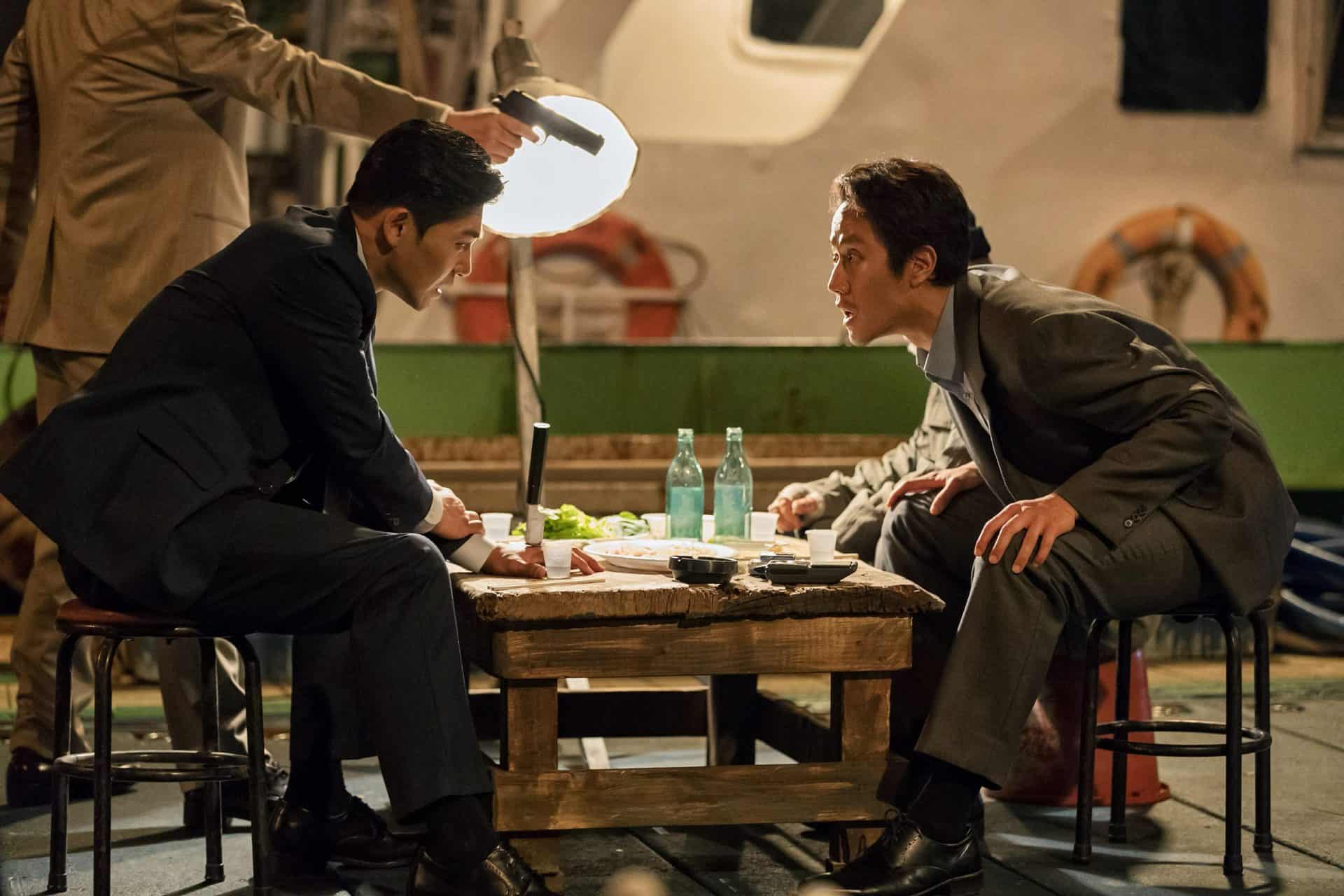Hu Jie's “Though I am gone” (2006) opening sequence is as straightforward in its metaphors as it gets. First, we see the inner workings of the clock – the time is being slowly measured, but, more importantly, is also passing and running away. The next scene? A camera, directed straight at the viewer, as if checking whether we are paying close attention to what is about to happen. These two motifs recur in the film many times signifying “Though I am gone's” mission of reclaiming the history of Cultural Revolution in China. Hu Jie is interested in the forbidden events that took place in China: many people would probably like to forget them, but they are also not allowed to talk about them. The tension between the two needs, to abandon the historical trauma but also to process it, is central to the film.
“Though I am Gone” follows the story of Wang Jingyao and his deceased wife Bian Zhongyun. She was the first victim of the Red August of 1966 (and therefore, perhaps, the first victim of The Cultural Revolution as such), during which a series of massacres swept through Beijing. Although the film paints a wider picture of the event, it ultimately focuses on the personal aspect of it, rather than the macro-scale. Bian Zhongyun used to be a teacher at the Experimental High School Attached to Beijing Normal University, and also a firm believer of the Communist Party. The film attempts to reconstruct her last days and the ways in which the Red Guards (and their leader Song Bingbin specifically) used political tensions to create havoc and mass hysteria which later spread nationwide. Like in many cases of totalitarian regimes, the ideology many individuals trusted wholeheartedly ultimately came to betray them, Bian Zhongyun being a prime example of this.

Hu Jie uses Wang Jingyao's home recordings and family photograph collection to reconstruct the events and retell the horrors of the Cultural Revolution. This is mixed with present-tense interviews with Wang, family members and other people who witnessed and experienced the Cultural Revolution firsthand. Those are recorded with a small digital camera. The end product is an eerie amalgamation, its rawness having an almost amateur or guerrilla feel. The interviews shot inside of Wang's apartment, the main character recorded in uncomfortable close-ups, the huge glasses almost falling from the protagonist's face – all these little details create a sense of intimacy and camaraderie between the viewer and Wang. “Though I am gone's” visual simplicity initially throws off, to later lure us in. The history of the protagonist is simply too disturbing to be ignored. With the harm and historical injustice far too overwhelming, the film is an incredibly frustrating experience – despite the hopes for a new opening in China's history following Deng Xiaoping's ascension to power in 1978, Wang's tragedy remained marginalised, culprits never prosecuted and the crime never officially identified.
After all, Hu Jie is a guerilla film maker in his own respect. The oral history documentaries he made in the early 2000s are one of the rare works of Chinese cinema which attempt to openly discuss and contextualise the touchy aspects of the PRC's past. “Though I am Gone” provides a scathing evidence for the crimes which largely remained swept under the rug. Hu Jie's work is a frustrating example of the individual's helplessness in uncovering the truth in the face of a large propaganda machine.
















